How to Unschool Math with John Holt
Are you wondering what on earth you can do with your current math curriculum fail? Are your child's eyes glued to the windows looking outdoors wishing they were outside rather than grinding over their math workbook?

What if you and your kids could ditch unwanted math curriculum in favor of learning math in its context found in your child's interests?
Ready to ditch the unwanted math curriculum in favor of math learning through fun real life connections?
Join the Pre-recorded 5-day Math Learning Secrets Challenge below!
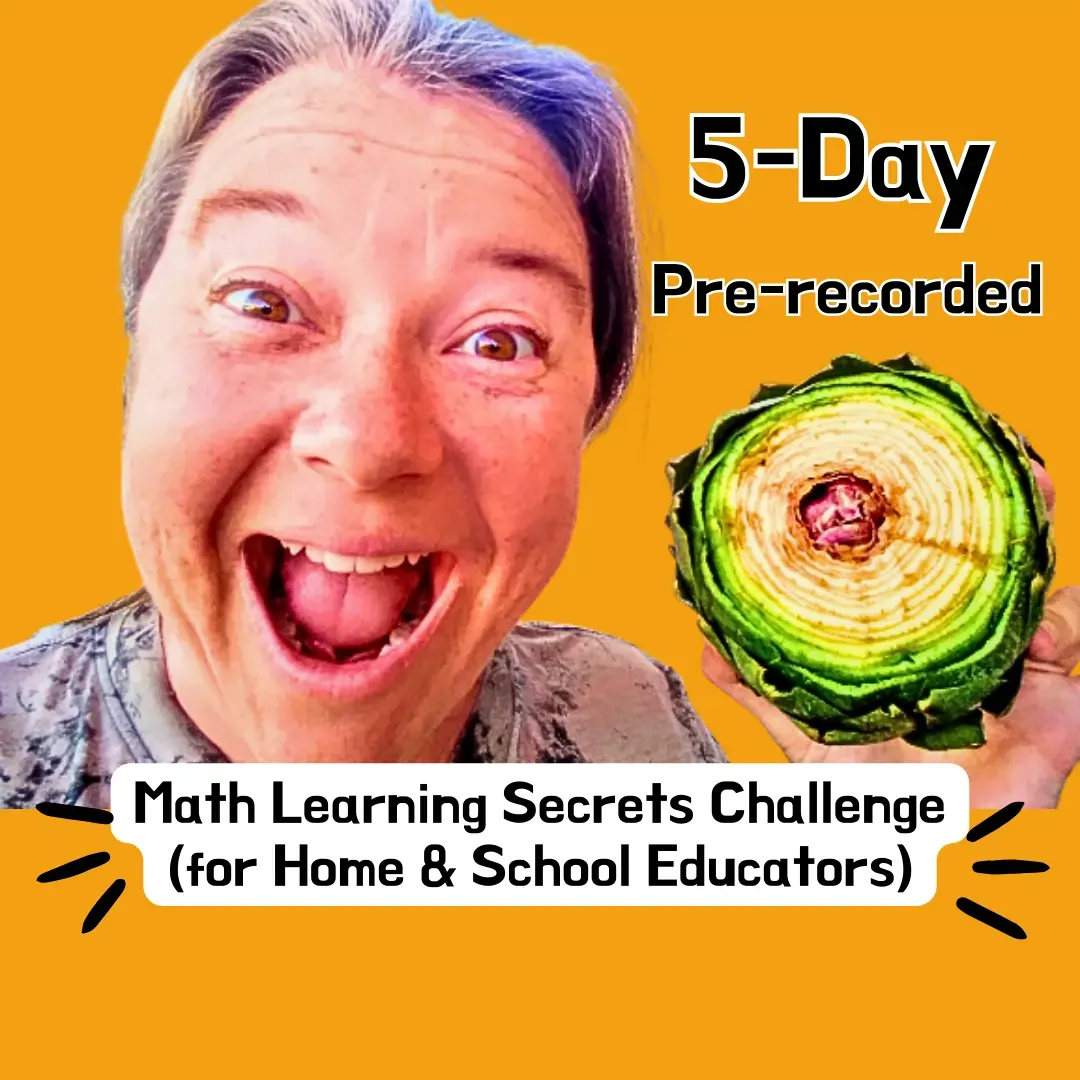
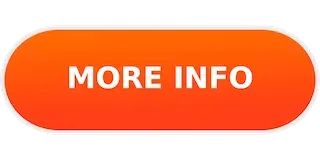
John Holt (Educator), the Father of Unschooling and Homeschooling
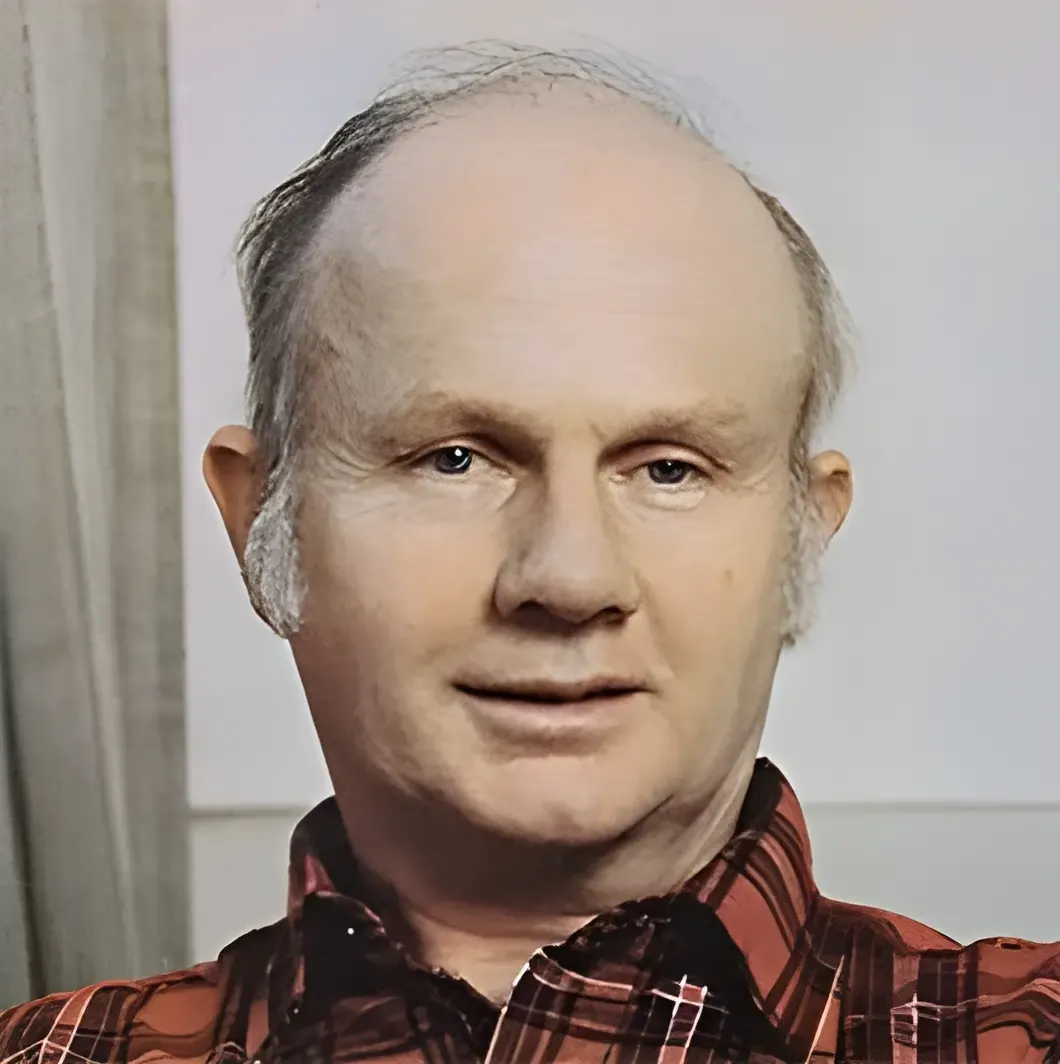
John Holt (1923 - 1985), known as the father of 20th century unschooling and homeschooling, is famous for saying,
“I suspect that many children would learn arithmetic, and learn it better, if it were illegal.” John Holt interviewed in Pullman, WA around 1984 to 1985.
What an idea!
Imagine if all of a sudden children were not dragged through 12 years of the mainstream mathematics learning gauntlet and schools stopped teaching math cold turkey!
Wouldn't that be interesting?
I think there would be a lot of backlash if schools dropped compulsory math learning.
Why?
Society is conditioned to believe that mathematics must be taught as it's own separate subject without it's real application. That's the definition of math insanity for the masses!
Alternatively, math learning in its parts can work well for children who want to learn and master math in this compartmental way. However, this is rarely the case since learning in parts isn't the best way for children to learn.
Alternative Framework for Primary School Math learning:
- Math is learned best in its context.
- Math is best learned when it's used naturally found within a child's interest.
John Holt, the man who introduced the world to homeschooling and unschooling in the 1970’s can show you just how to drop compulsory math learning in his book, How Children Learn.
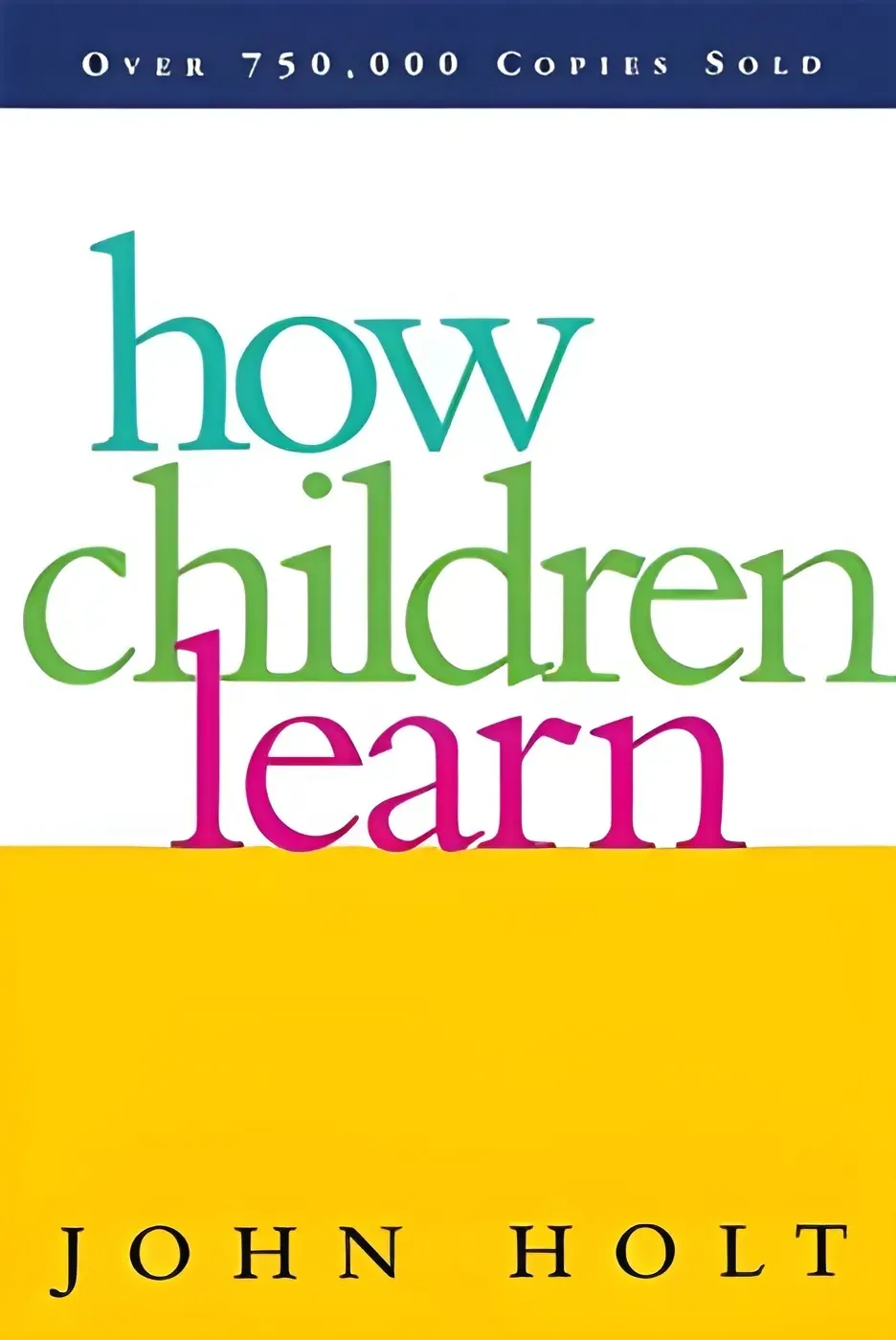
Watch the video I did sharing some new tips on unschooling, and particularly, unschooling math.
How Children Learn by John Holt was written in 1967. It's a short 146 page read, depending on the version you read. Let's go over a few highlights from the book. His take on unschooling math is logically eye opening showing people the fallacy around modern day math education.
Math education is probably the biggest hitch in the homeschool community today.
Homeschool Math Questions Parents Often Ask Themselves
If you and or your kids are struggling through your homeschool math curriculum, you may be asking questions like these.
"How are my kids going to best learn math?"
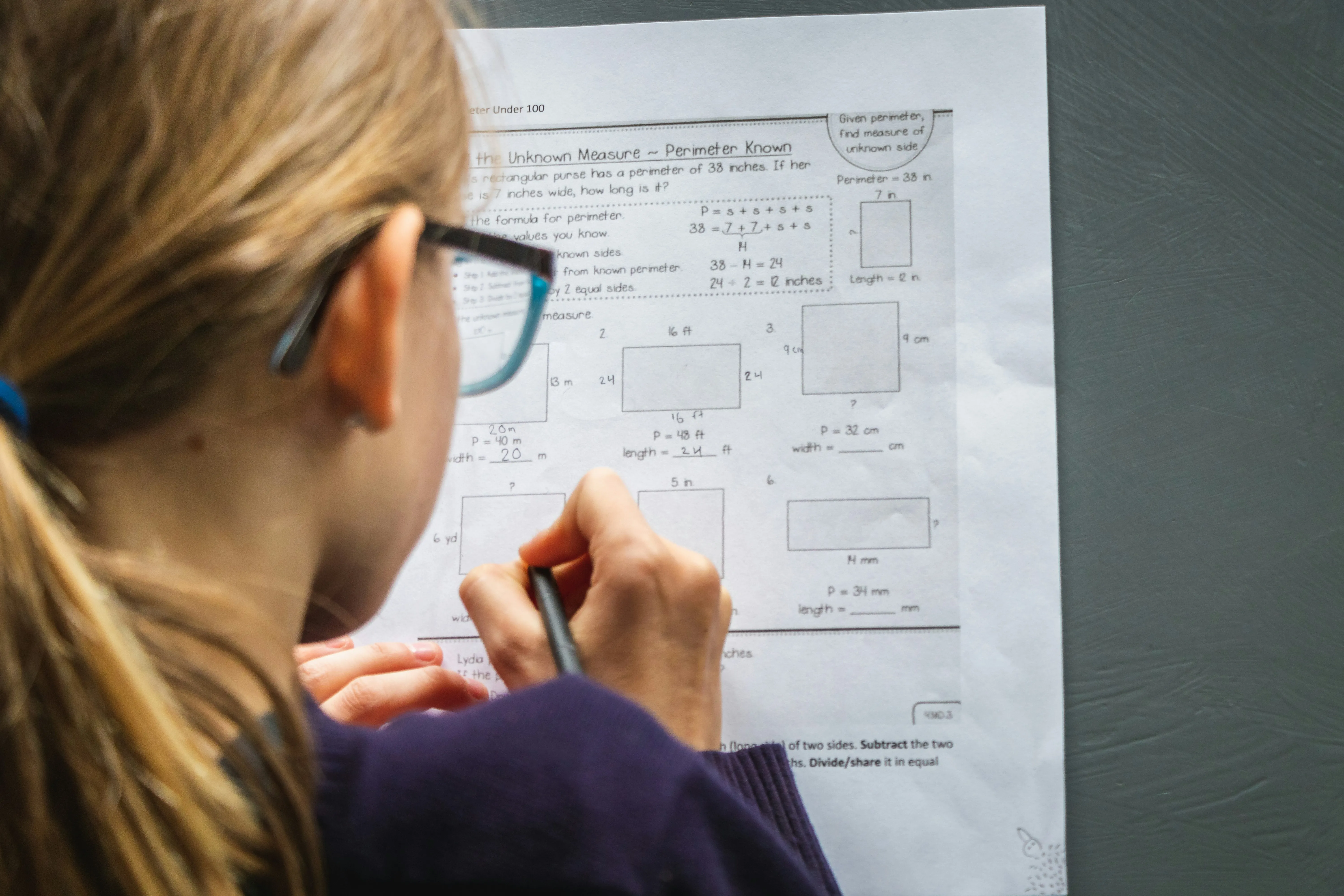
"How are they going to be ready for public school if we decide to go back?"
"How are my kids going to be ready for college math if we don't grind through 12 years of math learning?"
If you're in a more strict state that requires periodic testing, you may be asking yourself,
"How are my kids going to be ready for math testing if we don't get through our math curriculum?"
After reading through "How Children Learn", my eyes have been opened around the touchy topic of primary school math learning.
If you don't know who John Holt (1923 - 1985) the educator was, in the 1970s, he coined the term unschooling. He helped kick off the unschool movement in the 20th century.
However, unschooling has been around since the dawn of humanity and is still practiced by many indigenous people around the world. It's how our ancestors taught their children before compulsory schooling.
The biggest factors with unschooling math are:
- Do you trust your child to learn the math that they need the most to be a the most successful adult they can be?
- What math is naturally found in their current interests?
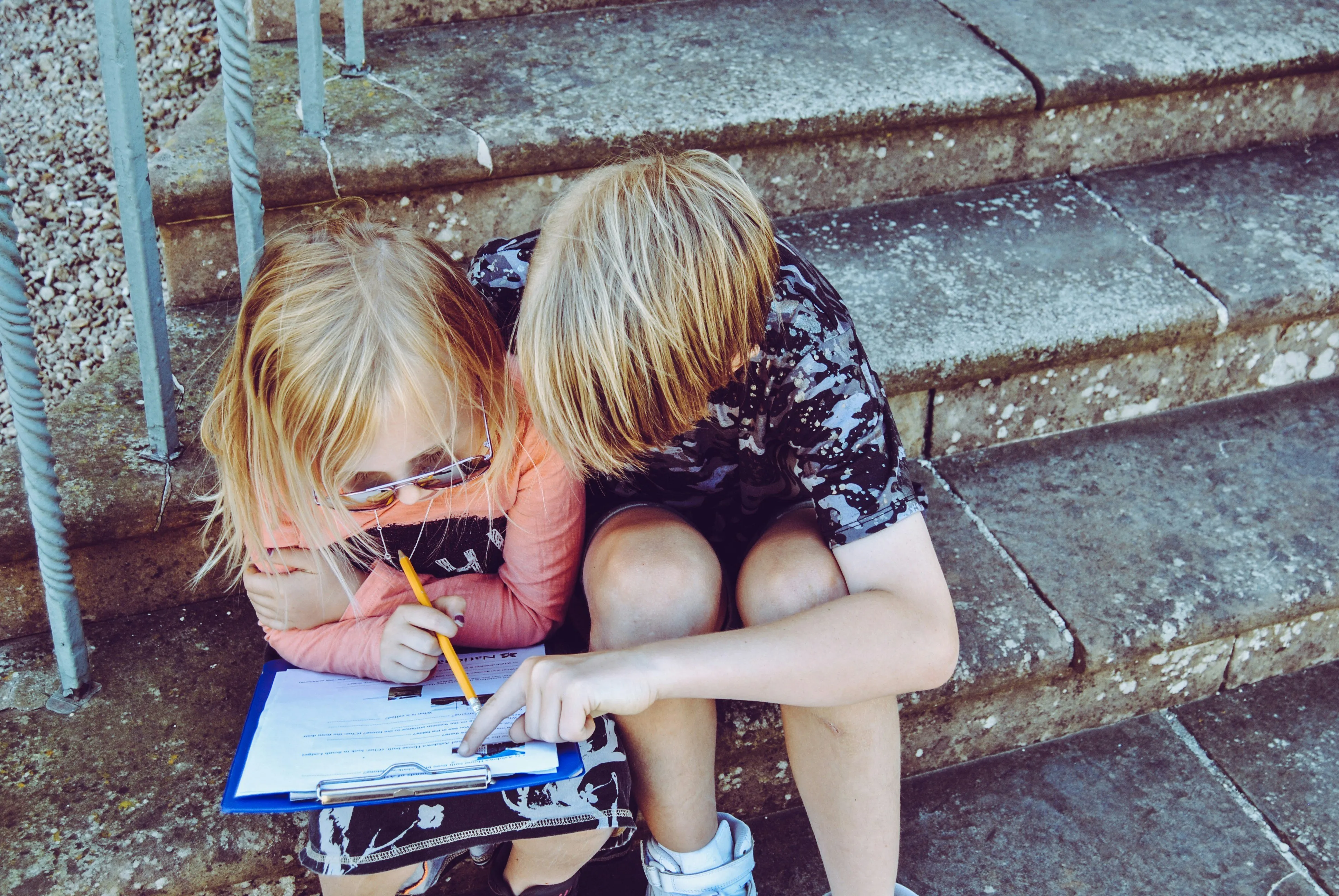
Children are born with an insatiable innate curiosity to learn about the world around
them. Unfortunately, too many times the desire to learn is crushed out of children when they go through formal education.
Traditional schooling can have worse results for some children than others. I'll use myself as an example. I suffer from math phobias to this day especially around having to add large groups of numbers without a calculator or do higher maths such as Algebra and Geometry. Like most children, I had a mediocre grade school experience that left me little time to pursue my own passions and interests.
I want to go through two key points about this really amazing book that you can actually find as a free read on archive.org.
Read the book for yourself. It's pretty dense so i encourage you to
read like a chapter a day or whatever feels right for you.
Key Points from How Children Learn
#1. Children don't choose to learn in preparation for the future.
Children don't choose to learn in order to do things in the future. They choose to learn what others in their world, such as adults, are doing. Through doing those things that adults are already doing, children learn.
Here's an example.
Below is a picture of a little unschool child baking. It's from her mom's unschool blog. The child says that she is a baker. She's not waiting until she grows up to be a baker. She is a baker now!
She doesn't have to wait until she's grown up to be a baker. Her mother has given her the liberty to explore her interest in baking without restrictions. The child could probably start her own business selling her baked goods to her friends, neighbors and relatives.
Why should this child wait to become what she knows she wants to be now?
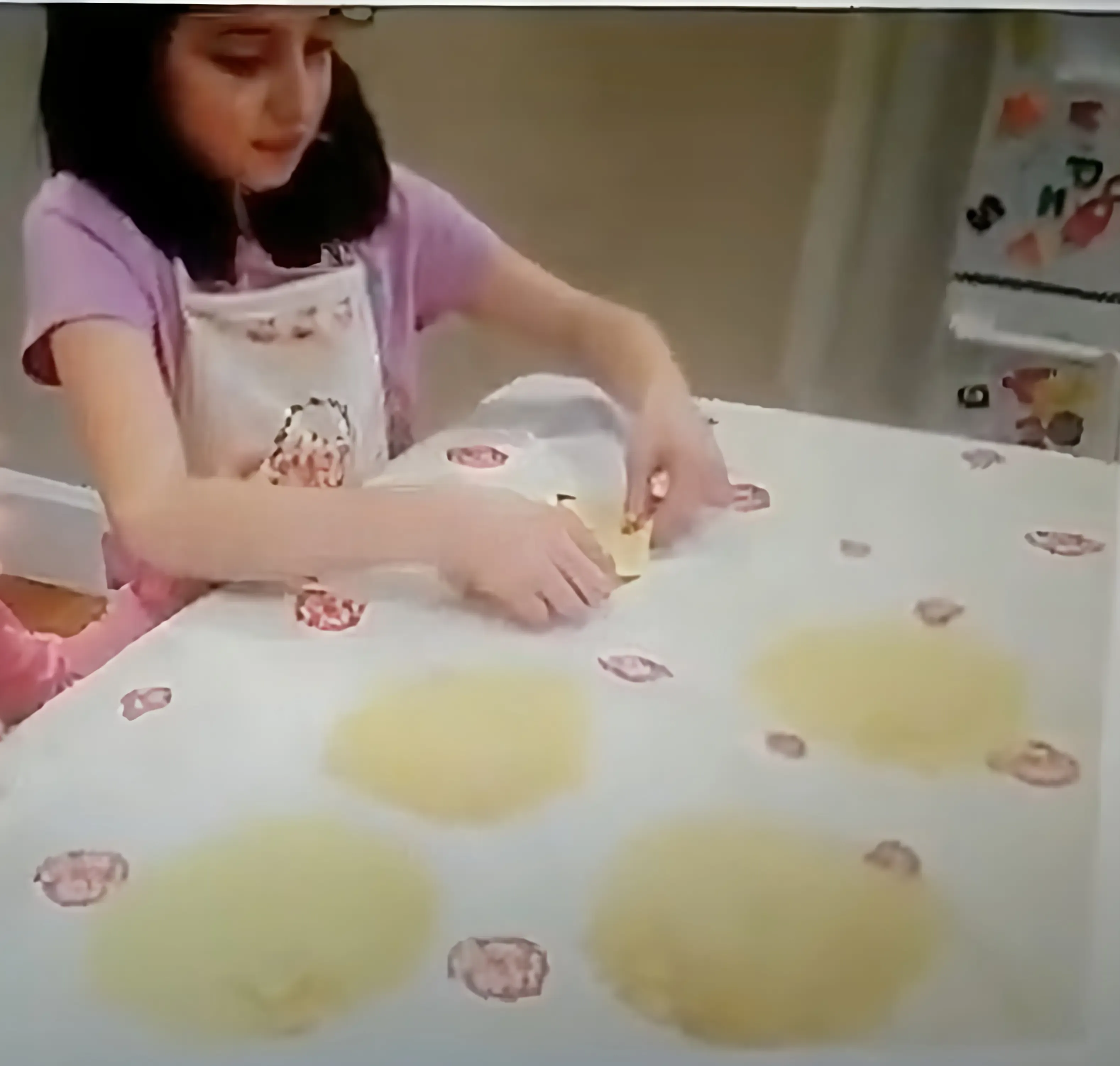
Her preferred interest most days, at least at the time this blog was written by her parent in 2017, was baking. This child was so into baking that it was mostly what she did all day long everyday.
There is plenty of math to be found in baking, so, we can conclude that she used measurements, temperatures, and geometry in her baking. If she decided to start a small business selling her baked goods, yet another layer of maths would have been used.
Kids don't choose to learn in order to do things in the future. They do things now like through fantasy, pretending and actually doing the real thing that they want to be doing.
Children often pretend to be the doctors, nurses, moms, dads, firefighters. Whatever it is that kids are passionate and excited about, they will play make pretend doing those things.
When children are liberated from traditional curriculum with adults constantly coercing them to do thing that they don't want to do, they will live in the moment and knee deep learning naturally through their latest interests.
#2. When learning, children go from whole to part.
Children learn from whole to part. This is where we get
education wrong.
In our mainstream education system, we go from part to part without seeing the whole picture of why we're learning what we're learning. Kids get lost and
disillusioned with this type of learning process. They check out. They rebel. Some fake it until the make it. Some never make it and quit school before graduating.

For example, when I taught my students to read, I was big into creating my own reading curriculum based on phonics. Most of my students were just bored. Thankfully, I eventually left the compulsory education classroom scene back in 2010 and no longer feel obligated to bore anymore learners with phonics learning!
Here's what I learned.
Children Learn to Read by:
- Being read aloud to
- Being exposed to rich living books
- Going to the library
- Reading signs on the street and on the highways as they're being driven around in vehicles (how I learned to read as a child and not through Dick and Jane books in the 70's)
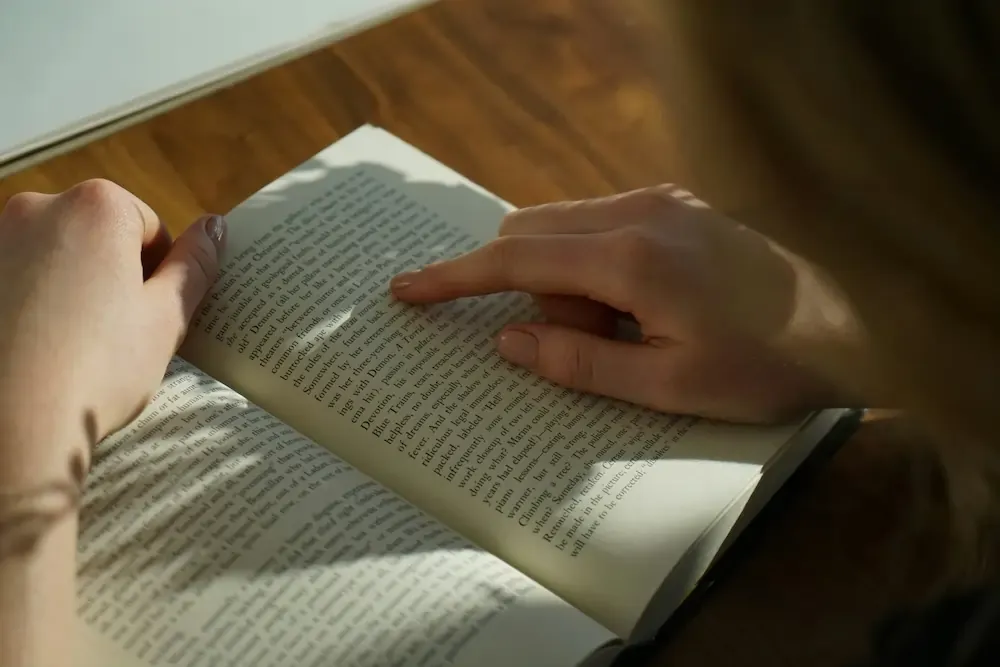
When children decide that they want to learn to read, they don't want to learn phonics. Those are the parts. They want to go right for the books that they're interested in and start reading what they're interested in.
If the parent is modeling reading and exposing their kids to rich reading resources, kids will learn to read in their time.
This is what we mean by children going from whole to part in their learning. They don't want to learn grueling phonics, the meticulous step-by-step process of reading. They don't want to do spelling tests. Okay, some kids may like doing spelling tests and performing in spelling bees. However, that's a small percentage of children that want to do that.
Our public education system forces kids through learning to read and doing math. This is actually madness if you think about it. But, conditioning has made us think that our education system is normal, wherein, it is against the grain of who humans are and how we learn to read, write and do math.
Children Learn Math Best in its Context
The same thing applies to math learning. Children learn math best within it's context, through play, and is found naturally and abundantly in their interests.
It's really that simple!
Hacking math learning within its context is the tough one for most homeschool parents to conceptualize.
Why?
It's because of our own math conditioning from when we were schooled.
People believe that their kids are not going to learn math unless they are force fed it through painful step-by-step incremental workbooks, worksheets, traditional math tutoring, and math programs.
The belief is that math is going to take painful lessons that take 12 years to
learn math, plus, whatever additional years of learning it in college.
The painful math learning is actually not necessary. If your kids are doing math like the little unschool girl baker is doing, they'll learn the math that they need as they're using it.
Look at the little girl baker again. At first glance, she's using the math that she needs to roll out her doe. She's she's making circles, a common pattern found throughout nature.
She had to measure out those ingredients using basic math. This is actually a rich example for kids to learn math: By doing things that they're passionate and excited about.
Math is everywhere around us and if we're giving kids the resources to do the things that they love to do there math will be found naturally embedded in that interest.
Strewing Math
Strewing is a homeschool practice where parents will lay out resources for their children to discover and explore on their own. The child can decide to interact with the resource or not.
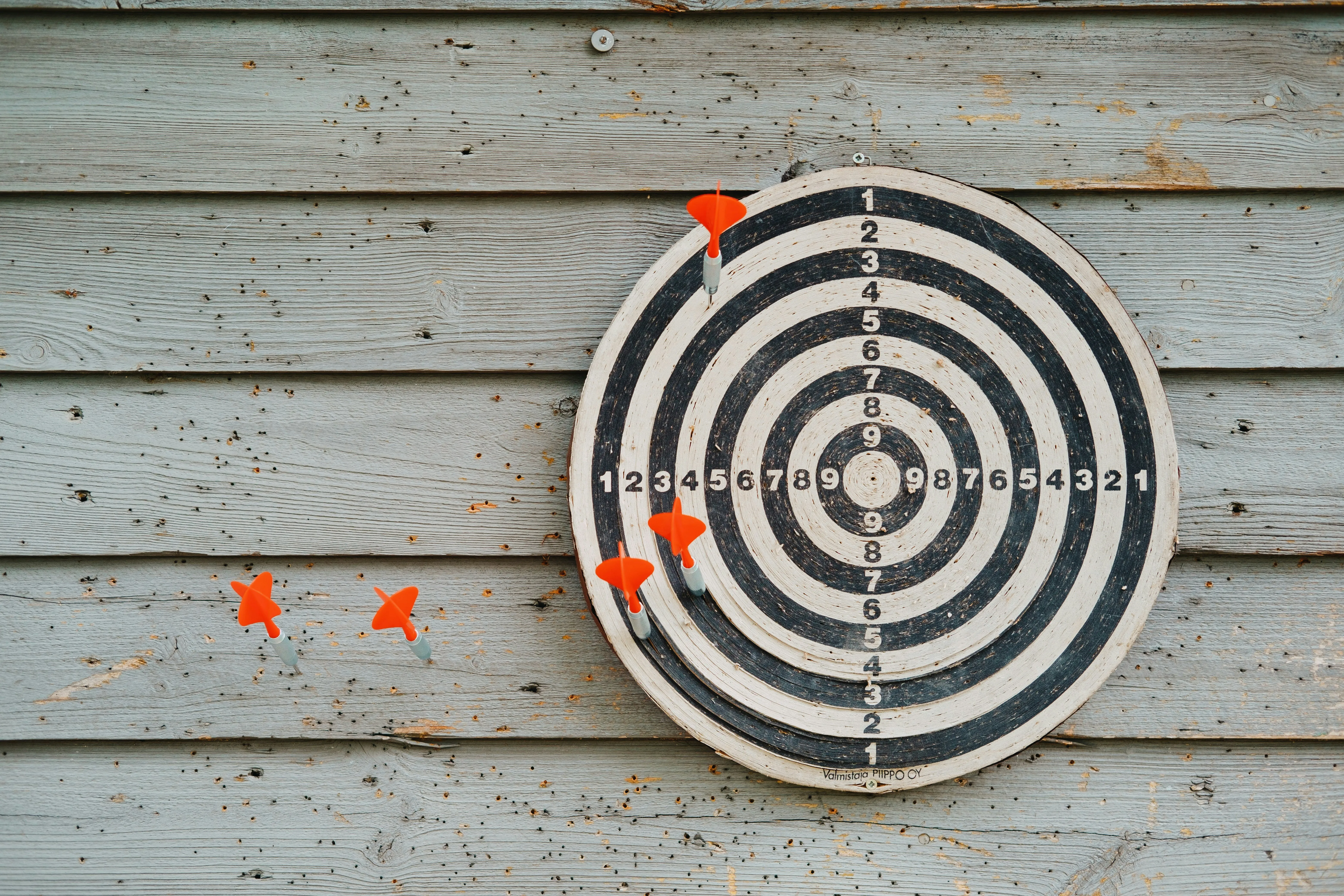
Strewing math is a great way for children to explore math without coercive curriculum, or, as a supplement to it if you're not ready to give up your latest math curriculum. This can work for higher maths too.
Strewing is brought up by John Holt. He practiced letting his students "discover and explore" things like musical instruments and adult tools in his classroom.
Lay out things such as math manipulatives, games, toys, cards, and books for your kid to discover and explore on their own.
What was so brilliant about John Holt is that he became a careful observer of children's behavior. He really watched children starting from babyhood. He learned to see how brilliant babies are at birth. He observed that babies are constantly watching adults and practicing to become more like them without school.
Join the Pre-recorded 5-day Math Learning Secrets Challenge below!


Conclusion
I hope that this article will help you learn to see that you don't need to fear veering away from traditional math education curriculum and learning restrictions. The more you can liberate yourself and your family from coercive math learning, the better. The sooner, the better.
Consider moving to a different state with fewer homeschool restrictions, or, at the very least, learn from other homeschoolers on how you can creatively disengage from the madness of modern day math education in favor of child self-directed learning.
Talk soon,
NatureGlo
